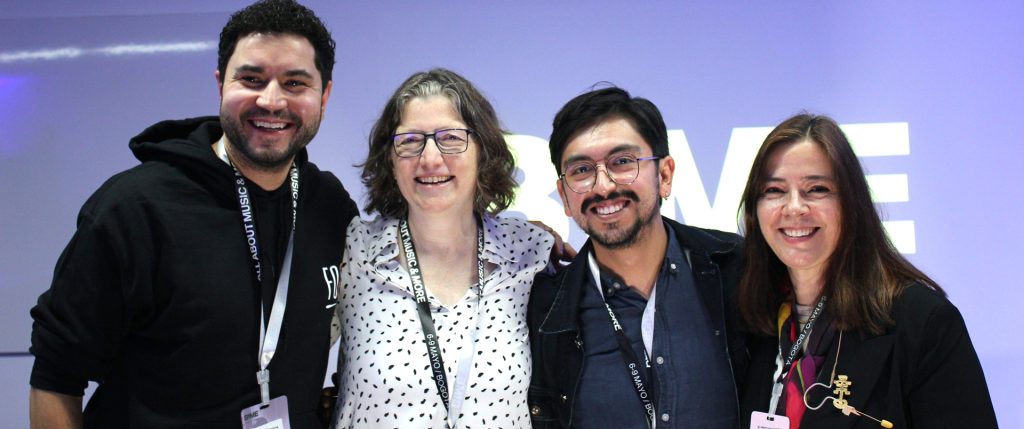Las tecnologías móviles en el proceso de enseñanza de la teoría de la música
Introduction
The IT penetration processes transform the environment of a contemporary musician’s professional activity, form new educational needs among students, and cause changes in music educators’ work. This is due, in particular, to the use of digital educational resources, the widespread adoption of network interaction techniques and methods, and modern music computer technologies (MCT) (Gorbunova, 2019a; Gorbunova & Hiner, 2019), which have a wide range of capabilities.
The rapid development of digital technologies creates a gap in society between the practice of implementing IT in educational processes and the methodological developments that use them. Nevertheless, digital educational technologies give access to multilateral and dynamic informatization of education. In our article we will consider the use of modern mobile technologies (MT) in education. Being a part of a dynamically developing IT, MT combine tools and methods that allow to work with digital data through the use of mobile devices (MD) connected to information networks –– laptops, smartphones, tablets, and the like.
An important advantage of MT is the ability to provide quick access to cloud-based educational services and resources. For example, the Google Drive service (n.d.) provides a possibility to create a multi-user work environment. The Google Keep service (n.d.) can capture voice input of information both as a text and as an audio recording. Google Presentations (n.d.) Goncharova, M. S., & Gorbunova, I. B. allow students to create a common project, and Google Forms (n.d.) provide an opportunity for educators to organize online surveys and interactive tests with non-linear questions. Google Sheets (n.d.) can be used as a digital school diary that can be accessed by parents and students. Google Sites (n.d.) allows teachers to create a full-fledged educational website or pedagogical portfolio.
Google services are available to everyone, but educational institutions can also use the services designed to conduct and administer educational activities such as G Suite for Education (n.d.). Its main advantage is that a teacher is able to create a training course, access to which can be obtained on any MD through the Google Classroom application (n.d.). Teachers can administer this service themselves, without the help of a system administrator. It is obvious that MT can change the quality of interaction between teachers and students, provide access to shared resources and information exchange at any convenient time, which contributes to the introduction of innovative teaching methods, improves the organization of the educational process, and opens up fundamentally new economic opportunities in the education system.
Literature Review
The theoretical background of teacher training programs for professional activity in IEE with the use of MT was established in the works of such Russian scientists as Berger et al. (2015),
Goncharova and Gorbunova (2016, 2018), Gorbunova and Pomazenkova (2015), Gorbunova and Hiner (2014), Gorbunova (2004), Gorbunova et al. (2019a, 2019b), Gorbunova and Goncharova (2019), Gorbunova and Petrova (2019), Gorbunova and Plotnikov (2019); and foreign scientists such as Alieva et al. (2019a, 2019b), Gorbunova and Hiner (2018, 2019), Gorbunova and Hellene (2019), Crawford and Southcott (2017), Gorbunova and Kameris (2019), Chao-Fernandez et al. (2017), Meng (2016), Sosnevas (2018). Practical issues and the possibilities of adult education were widely studied using various technologies, educational firms, workshops, and the like (Berger et al., 2015). Issues of modern pedagogical technologies and principles of teaching with the use of MT were considered in the scientific works of Gorbunova and Kameris (2019), Meng (2016), Sosnevas (2018). Various aspects of music teachers’ professional and advanced training are becoming one of the most popular and discussed topics in Russian pedagogical science (Gorbunova, 2018, 2019b).


